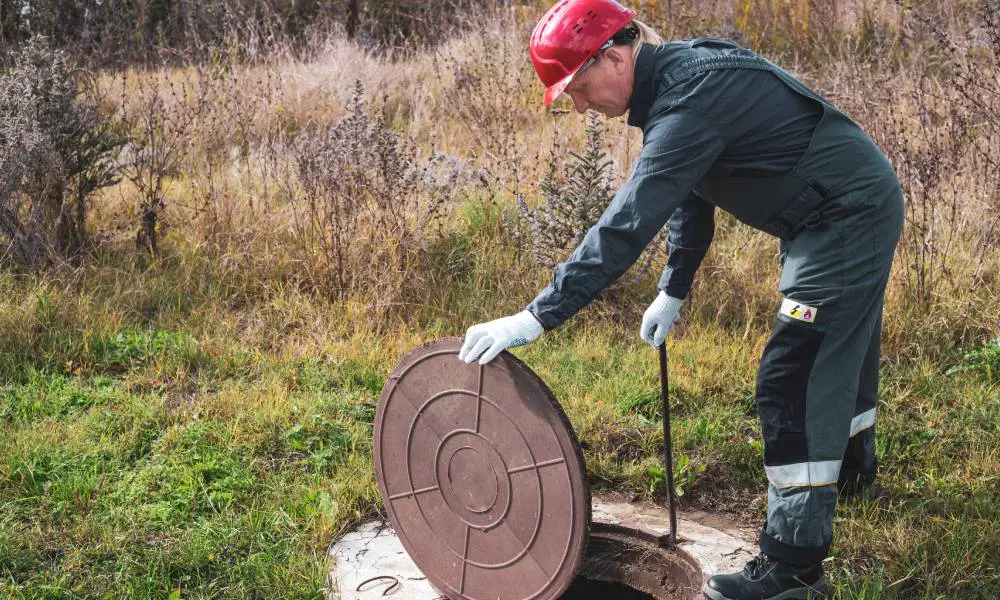

When managing a property, you’ve probably got a long list of responsibilities to juggle. But when was the last time you thought about the septic system? It’s not exactly dinner-table conversation, but ignoring it can lead to some seriously unpleasant surprises.
So, why is regular septic pumping a must for property managers? Because it saves you from costly repairs, keeps your system running smoothly, and protects your property’s value. Let’s explore the reasons.
Picture this: It’s late on a Sunday evening, and you get a frantic call about a plumbing backup. Sound familiar? A neglected septic system can quickly snowball into catastrophic clogs, foul odors, and waste flowing where it shouldn’t. Emergency repairs are never cheap, and they’re definitely not fun. Scheduling regular septic pumping can prevent messy situations like these from happening in the first place.
Proactive maintenance protects your budget and your peace of mind so you don’t face panicked tenants or expensive overnight plumber visits.
Septic systems aren’t exactly pocket change, so maintaining their longevity should be a no-brainer. Regular pumping clears out solid waste before it causes clogs or damages vital components like the drain field. Over time, this prevents the buildup that forces your system to work overtime and wear out faster.
By keeping everything running efficiently, you’ll save significantly in the long run. Think of it as giving your septic system a little TLC—it’ll reward you with years of reliable service.
The next big question is when. The general rule? Schedule septic pumping every three to five years. But there’s no one-size-fits-all answer. Smaller properties with fewer tenants may stretch toward the five-year mark, while larger properties with high occupancy might need more frequent attention. Factors like the size of your system, tenant habits, and water usage all play a role.
A professional assessment can provide personalized guidance tailored to your property’s needs, helping you get on the perfect schedule.
Even with a solid pumping schedule, keeping an eye on potential issues is essential. Warning signs like slow drains, unpleasant odors, or soggy patches in your yard could signal that your drain field may need professional cleaning. Noticing these red flags early can help you act before a full-blown crisis unfolds.
At the end of the day, regular septic pumping is a must for property managers. It avoids headaches, saves money, and maintains a happy, stress-free property. A little extra effort today means no nasty surprises tomorrow.
Don’t wait for a problem to bubble over. Call in the pros, and schedule regular septic maintenance. Your future self (and your tenants!) will thank you.
Learn the best methods for soil sampling, from grid and zone sampling to accurate sampling…
If your truck isn’t as comfortable as it should be, you’re likely leaving the road…
When disaster strikes a business—whether it's a flood, fire, or storm—the path to recovery can…
When the workplace starts to feel bleak, ambition and drive may be low for employees.…
Consider implementing these five things in hospitality management to ensure a positive guest experience, improve…
Addressing the Effects of Toxic Backlinks on Search Engine Optimization Search engines, particularly Google, prioritize…